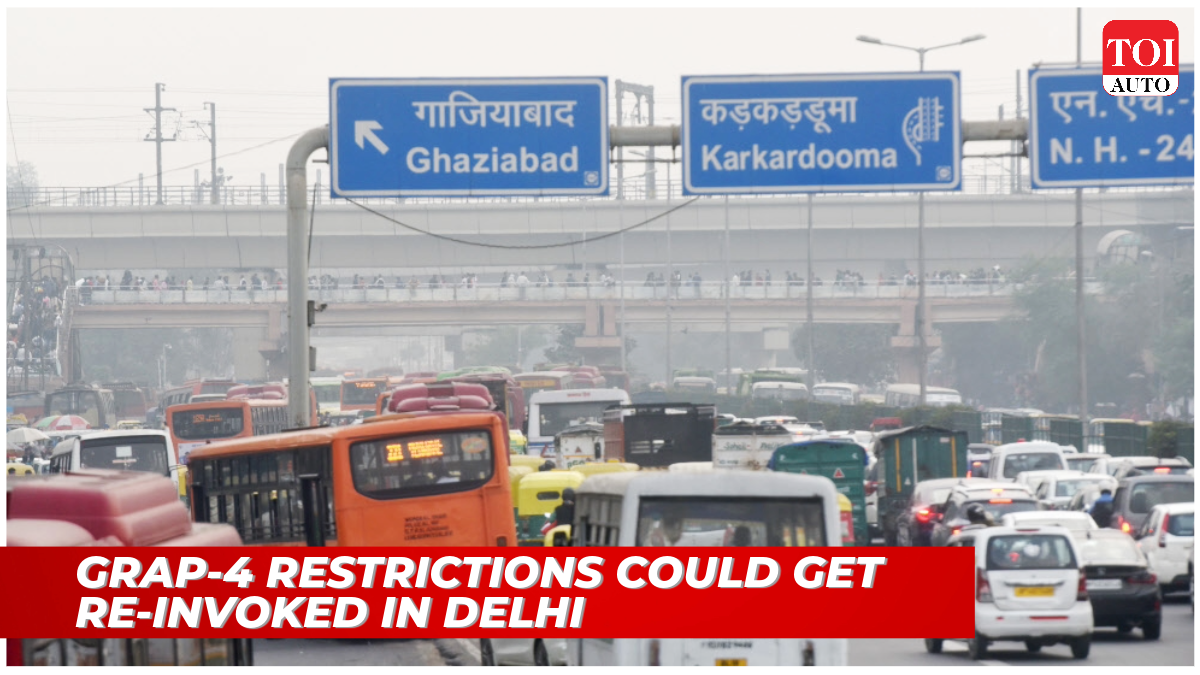The imposed restrictions automatically apply when GRAP-4 is invoked, starting from the date of the order’s issuance in the Delhi Gazette. If GRAP-4 is revoked, these restrictions terminate automatically, without the need for a separate order, as clarified in the notification.
First-person view: Can you off-road a Volkswagen Tiguan 4motion? | TOI Auto
Last month, the Delhi government mandated that buses entering the national capital from Haryana must run on electricity, CNG, or BS-VI diesel. Similar norms apply to buses entering from NCR regions in Uttar Pradesh and Rajasthan.
However, after a two-week imposition of GRAP-4 restrictions, the government had lifted them on November 19, when AQI levels improved slightly. The Commission for Air Quality Management (CAQM) in the National Capital Region and Adjoining Area, responsible for devising pollution combat strategies, directed Delhi and NCR states on November 18 to revoke emergency measures. These measures allowed only CNG, electric, and BS VI-compliant vehicles from other states to enter Delhi, with exemptions for essential services.
On November 22 morning, the city’s air quality worsened, recording in the very poor category with an Air Quality Index of 394 at 9.05 am, up from 365 on November 21.


